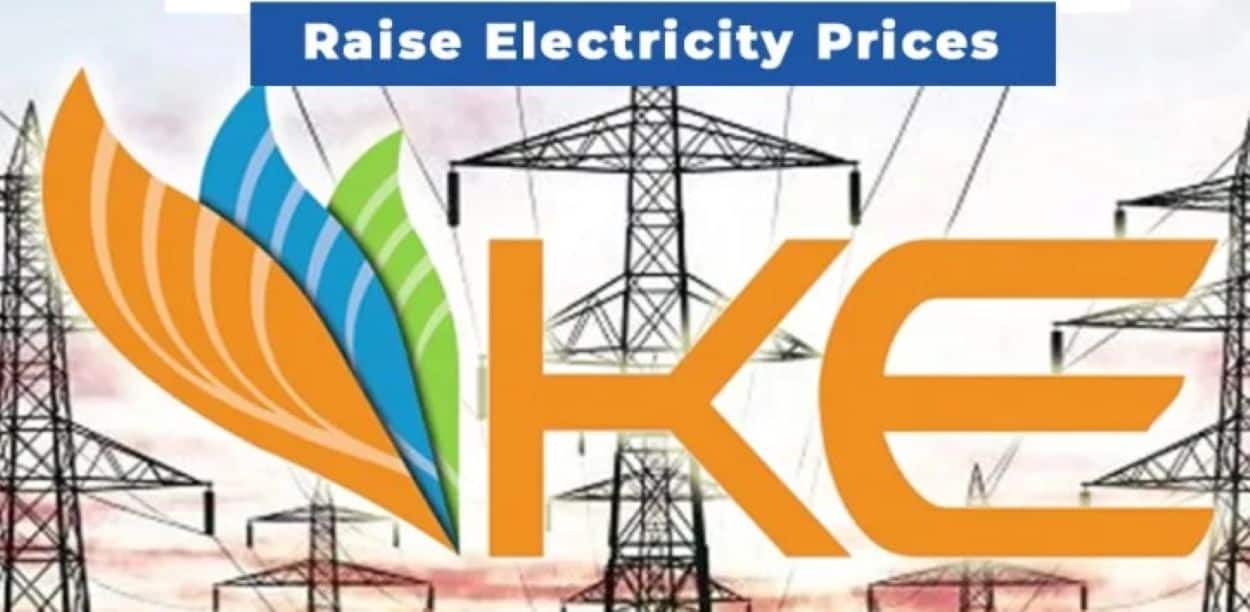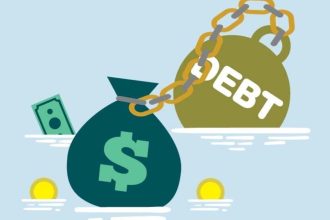Pakistan’s power regulator, the National Electric Power Regulatory Authority (NEPRA), has informed K-Electric about its multi-year tariffs for the period of 2024-2030, despite a pending government review motion. This announcement, made on July 18, 2025, raises the base tariff by Rs 6.15 per unit, bringing it to Rs 39.97 per kilowatt-hour (kWh).
The government subsidises K-Electric consumers to maintain uniform national rates, but NEPRA invoked its 2021 legal powers to proceed independently. International lenders, such as the IMF and World Bank, have pushed for such reforms to depoliticise tariff-setting and accelerate power sector improvements. “This situation could impair KE’s financial health and undermine power supply continuity, ultimately affecting consumers and the broader energy market,” NEPRA warned.
Breakdown of K-Electric’s New Tariffs
NEPRA set the average power supply tariff at Rs39.97/kWh for 2023-24, including:
- Rs31.96/kWh for power purchase costs
- Rs 2.86/kWh for transmission
- Rs3.31/kWh for distribution
- Rs2.28/kWh as supply margin
- A prior year adjustment of minus Rs 0.44/kWh
The total revenue requirement for FY 2023-24 stands at Rs 606.9 billion, with Rs 34.7 billion allocated for supply margin and Rs 36.2 billion for recovery losses. NEPRA also approved Rs 3.31/kWh for distribution and Rs 2.684/kWh to support a Rs 43.4 billion investment plan over a seven-year period.
The Power Division challenged NEPRA’s determination, claiming it grants K-Electric an undue Rs750 billion favour over seven years at the expense of the national exchequer, consumers, and taxpayers. They highlighted Rs453 billion from six tariff interventions and Rs287 billion from higher-than-average fuel costs for 2024-25 alone (assuming flat rates).
The division demands fairness: “Tariff must reflect actual costs and reasonable returns to protect consumers, and there should be no extra allowance for inefficiency.” K-Electric’s bill recovery rate slipped to 91.5% in FY 2023-24, projected at 90.5% for the next year, which could result in Rs 97 billion in under-recoveries. Without support, K-Electric’s Rs 21.6 billion return on distribution could be at risk.
NEPRA’s action aligns with the pressures from the IMF and the World Bank for transparent, depoliticised tariffs to ensure sector sustainability. However, it risks escalating tensions with the government, potentially delaying the implementation of reforms. Consumers face higher bills, but subsidies aim to cushion the impact. K-Electric’s financial health remains precarious, underscoring the need for efficient recovery and investments.






